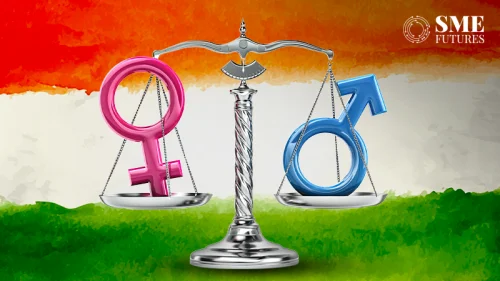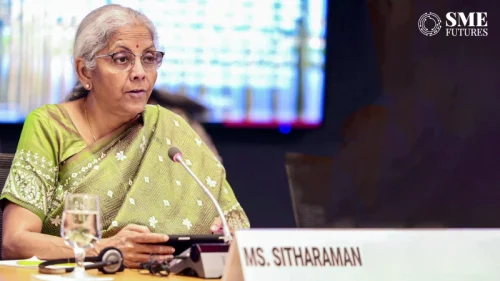Job seekers are now preferring stable and established companies to work with and grow within the organisation instead of startups, a report by jobs and professional networking platform apna.co revealed.
With the current economic uncertainties and the recent challenges faced by the startup ecosystem 73 per cent of job seekers interviewed said they prefer large corporations over startups.
The survey was conducted on 10,000 job seekers and around 1,000 HR recruiters. According to the report, only 27 per cent of the employees will only consider switching to a startup if it presents sharp career growth for them.
“India’s job market is evolving rapidly with changing preferences of job seekers who are now more inclined towards stable and established companies for better career growth prospects,” said Nirmit Parikh, Founder & CEO, apna.co.
While employers are preferring a skills-first approach, the report mentioned that job seekers prioritise career growth opportunities, along with salary over location and commute, work-life balance and culture of the company, when searching for a job.
Also Read: Indian Mompreneurs: Balancing motherhood and entrepreneurship
About 73 per cent, i.e. 7 out of 10 Indians consider career growth as the primary factor in their job search, even surpassing the importance of work-life balance and flexible working hours.
Around 9 out of 10, employers have recognised the importance of skilled professionals as a major criterion for hiring, however, only 6 out of 10 employers have implemented upskilling programmes in their organisations.
Moreover, the report said that employers are now looking for candidates with technical skills, especially for roles in the field of artificial intelligence, data science, and digital marketing.
Nearly 65 per cent of professionals consider requisite skills to be as crucial as a degree from a reputed institute to succeed in a job interview.
According to the report, women appear to place greater emphasis on relevant skills, with 77 per cent of female respondents indicating its importance as compared to 51 per cent of males.










